ABSTRACT
‘Bail is the rule and Jail is an Exception’, this canon of the criminal jurisprudence was laid down by the Supreme Court of India in its landmark judgment of State of Rajasthan V. Balchand alias Baliay, in the year 1978. Justice Vaidyanathapuram Rama Krishna Iyer, who has many avant-grade verdicts to his name, precisely held in the foregoing case that: “The basic rule may perhaps be tersely put as bail, not jail.” To base it, the honorable Justice emphasized the rights guaranteed to an accused under the Constitution of India. Among these rights, the most distinguished one is the right given under Article-21 of the Constitution. Detention of a person affects his right to life and liberty and the main objective of detention is to ensure easy availability of an accused for trial without any inconvenience. Thus, if it is ensured that the accused will be available when required for the trial stage, detaining the person is not compulsory. Therefore, it was held that the courts, while interpreting the provisions of the Code of Criminal Procedure (CrPC) concerned with the arrest of a person, must avoid detention unless it seems indispensable and should grant bail to the accused.
INTRODUCTION:
The Supreme Court established the principle that "bail is the rule and incarceration is the exception" in the landmark decision of State of Rajasthan v. Balchand alias Baliya [1].1978. The ruling was based on the Indian Constitution's several rights, the most fundamental of which is Article 21. Detention of a private person violates his right to life and liberty, which is guaranteed by Article 21 of the Indian Constitution. The most important goal of detention is to ensure smooth procedures by making the accused available for trials with minimal disruption. As a result, if it is frequently ensured that the accused will be available as and when required for the trial, detention is unnecessary. As a result, it was decided that the rules of the Criminal Procedure Code, 1973 (CrPC) concerning the arrest of a private must be read in such a way that detention of an individual must be avoided unless necessary.
WHAT DOES A BAIL DENOTE?
Bail refers to the provisional release of an accused in a criminal case where the court has yet to rule. The term 'bail' refers to a monetary deposit made in order to appear before a judge for release. The word comes from the old French verb "bailer," which means "to bestow" or "to deliver." After delivering a bail bond to the court, an accused is given a ball. The fundamental goal of an arrest is to ensure that the defendant in a criminal case arrives in court to receive justice. However, violating a person's liberty would be unfair and unjust if the person's presence for the court trial could be secured without incarceration. As a result, the accused may be given bail as a conditional release.
HISTORICAL VIEW:
Bail dates to 399 BC, when Plato attempted to arrange a bond in order to liberate Socrates. The circuit courts in Britain established a bail system in the Middle Ages. The contemporary concept of bail is largely derived from all of the medieval regulations that control it. According to Kautilya's Arthashastra, avoiding pre-trial custody was optimal, hence the concept of bail existed in ancient India as well. Bail was practised in the form of ‘Muchalaka' and ‘Zamanat' during the Mughal dynasty in the 17th century. The Code of Criminal Procedure, 1973 (hereinafter referred to as the "Act") governs bail at the moment. Although the term bail is not defined directly in the Act, the terms bailable offense and non-bailable offense are specified in Section 2. (a). The provisions of the Act relating to bail are governed by Sections 436–450.
HOW IS A BAIL GRANTED?
When a person is charged with a crime, he has the right to seek bail. A person seeking bail can go to the Session court or the High Court. It is not required that an applicant file a bail application with the sessions court first and then go to the high court if the plea is rejected. A person in detention or on the verge of arrest can go straight to the high court for bail without first going to a session’s court. However, in most cases, the High Court will not hear a direct application and will instead direct the petitioner to go to Sessions Court first and then to the High Court after the Sessions Court has rejected the application.
A person accused of a bailable offense under the I.P.C. can be granted bail under Section 436 of the Code of Criminal Procedure, 1973. In non-bailable offenses, however, Section 437 of the Code of Criminal Procedure, 1973, states that the accused has no right to bail. In the case of non-bailable offenses, the court has the power to grant bail.
It is fair to say that giving bail is, for the most part, a discretionary relief, and courts have not followed any set pattern in granting or denying bail over the years.
TYPES OF BAIL:
The Criminal Procedure Code regulates bail in India, and they are divided into four categories:
- Regular Bail: - Is a bail issued to a person who has been arrested and/or was in police or judicial custody.
- Anticipatory Bail: - This type of bail is issued prior to the arrest and is usually granted by the Sessions Court or the High Court. It is granted when someone is captured while committing a crime.
- Interim Bail: - Is a bail that is issued prior to a hearing in order to get regular or anticipatory bail for a shorter amount of time.
- Default Bail: - It is given under Section 436A of the Code of Criminal Procedure when the accused is on trial, in judicial custody, and has already received half of the maximum penalty for the crime.
- Anticipatory Bail:- It might be used at various phases of the process. Anyone who expects to be arrested, even if no F.I.R. has been filed against them, can apply for Anticipatory bail. If a FIR has been filed but the investigation has not yet begun (pre-investigation stage), the person can seek Anticipatory bail. At the post-investigation stage, a person can also apply for anticipatory bail. Courts consider the nature of the offense, the role of the accused, and the evidence against the accused while granting anticipatory bail. The High Court or the Sessions Court is expected to award "anticipatory bail" after hearing the Public Prosecutor's case.
BAIL IS A RULE, JAIL IS AN EXCEPTION:
Articles 21 and 22[2] of the Indian Constitution, as well as the well-known principle of "Presumption of Innocence Unless Proven Guilty,"[3] gives rise to the concept of bail as a rule and imprisonment as an exception. A person's right to life and liberty, guaranteed by Article 21 of the Indian Constitution, cannot be taken away simply because he or she is accused of committing an offence until the guilt is established beyond a reasonable doubt. Article 21 of the Indian Constitution states that no one's life or personal liberty may be taken away unless the procedure established by law is followed, and the procedure must be just and reasonable. According to Article 21, every procedure that deprives a person of his or her life or liberty must be just, fair, and reasonable. A just, fair, and reasonable method implies that he has a right to free legal services if he is unable to obtain them. It means that you are entitled to a speedy trial. It refers to human confinement, whether for preventative or punitive purposes.”
The Supreme Court granted bail to Republic TV Editor-in-Chief Arnab Goswami in a 2018[4] case of abatement of suicide on November 11th, 2020. On Goswami's petition, a vacation bench of justices D.Y. Chandrachud and Indira Banerjee upheld a Bombay High Court ruling denying interim bail to Goswami in the Anvay Naik-Kumud Naik suicide case on November 9th. The Supreme Court of India intervened to defend the rule of law as well as Arnab Goswami's fundamental rights. Detention of a person violates Article 21 of the Indian Constitution, which guarantees the right to life and liberty. It is, without a doubt, a significant, ground-breaking, and admirable decision. The rule of law triumphed, and an individual's liberty was properly safeguarded. However, it is clear that such speed and zeal are not present in the normal course of business.
Bail usually takes days, weeks, or months to get. Trials are overcrowding the country's jails, and courts are hesitant to give bail. In truth, bail is seldom granted quickly, and in most cases, the prosecution is given weeks to prepare a response. Once an accused is placed in judicial custody, the prosecution should be granted no more than three days to make a response. Regular bail applications should be decided by the courts within seven days of filing. Unfortunately, it is common to see accused people languishing in jail for months while awaiting the outcome of their bail application. If Courts do not determine bail applications on a priority and in a timely way, the notion of "Bail being the Rule and Jail being an Exception" will be rendered meaningless. Unfortunately, obtaining bail for a (Common Man) is a challenging task. Once an FIR is filed, a person and his supporters are forced to run from pillar to post in search of a suspect's/bail. Bail is described as a sum of money or property lodged with a court. It is a type of security used to release a suspect who has been detained on the condition that they return for their trial and court appearances. The Supreme Court of India reminded a person whose bail request had been denied by the High Court that “bail is the rule and incarceration is the exception” while granting liberty. When giving these rulings or sending people to prison, the court encouraged judges to act compassionately. After investigating the case, the court learned that neither the FIR nor the charge sheet had been filed before the accused was held.
The Supreme Court bench led by Justice Madan B Lokur ruled that "the presumption of innocence" is "a fundamental precept of criminal jurisprudence," and that "courts should take certain pertinent considerations into account before sending an accused to prison."
Detaining an individual and infringing on his right to liberty is deemed punitive and against the principles of natural justice unless there are compelling reasons for custodial interrogation and continued custody at a pre-trial stage. Furthermore, the application of the Reformative theory to the principles of punishment necessitates a balance between two theories, namely deterrence theory and punitive theory, i.e., to reform an accused and keep him away from hardened criminals in prisons that are seen as crime universities. Furthermore, with the advent of the human rights movement, finding a balance between an individual's liberty and the interests of society has become a major challenge. So, unless there are compelling reasons, such as the risk of the accused fleeing justice or the fear of him tampering with evidence or inducing witnesses, the accused's imprisonment is unjustified. As a result, the courts ensure that a person is not imprisoned until an arrest will jeopardize the interests of justice.
POVERTY AND CRIME: CLOSER THAN YOU THINK
To begin, it is regrettable to observe that individuals who are most impacted by the bail system are also the ones who are most persuaded to commit crimes on a systematic level. With more than 450 million people classed as "poor," India accounts for over one-third of the world's destitute.
According to a study published in the Atlantic Review of Economics in 2014 on the impact of various socio-economic factors on crime, there is a positive correlation between poverty and criminal activities, and crime is viewed as a "consumption smoothening strategy" that aids people in their efforts to escape poverty. Several scholars, including D Jacobs and Braithwaite, believe there is a link between property crime and poverty. The rationale is that the benefits of successfully committing a crime outweigh the risks of failure, leading to many people jumping in headlong.
According to a study published in the Atlantic Review of Economics in 2014 on the impact of various socioeconomic factors on crime, there is a positive association between poverty and criminal activity, and crime is considered as a "consumption smoothening method" that helps people escape poverty. D Jacobs and Braithwaite are among the experts who feel there is a link between property crime and poverty. The logic is that the benefits of successfully committing a crime outweigh the risks of failure, thus many people rush in headfirst.
Citizens are more likely to engage in deviant behaviors to indicate to the state that they are at the mercy of the system due to their socio-economic position in society, according to the relative deprivation theory, which states that when people feel deprived, social change is more likely to occur. A similar pattern has been discussed by Jack Levin, a professor of sociology and criminology. Several studies have found that there is a high level of violence where there is a large discrepancy in economic prosperity. According to an analysis of 273 studies, those with poor income, low occupational standing, and low education have greater rates of a criminal offense.
CHALLENGE OF ACCESSIBILITY DURING THE COVID-19
Despite the best efforts of the courts, several bail hearings were postponed during the lockdown period due to a lack of paper verification, malfunctioning video connectivity during e-hearings, lawyer non-appearance, and case withdrawal. While 'very essential matters' were heard by video link, there were no established limits for what constituted an 'urgent matter,' and there was no clarity about how the courts, particularly district courts, functioned. In these uncertain times, it is sad to see that the courts have not given bail proceedings the attention they need.
In various cases, the High Courts have stated that bail applications cannot be handled as an "urgent judicial matter" during a pandemic. Unjust rejection of bail, we feel, is one of the most egregious abuses of an individual's right to personal liberty, especially at this remarkable moment.
CONCLUSION
Needless to say, the courts have the discretionary power to grant bail in non-bailable offenses, but such discretion should be exercised justly, reasonably, fairly, and objectively, as the prosecution agencies are currently leaving no stone unturned in their efforts to oppose the bail application unnecessarily. It is urgent to balance the rights of an accused and victim so that getting bail on reasonable grounds is no longer a difficult task. It is a well-known fact that if a bail application for a non-bailable offense is rejected by the court on unreasonable grounds, then an accused will not have to live at the mercy of the police, lawyers, judges, or the lengthy procedure.







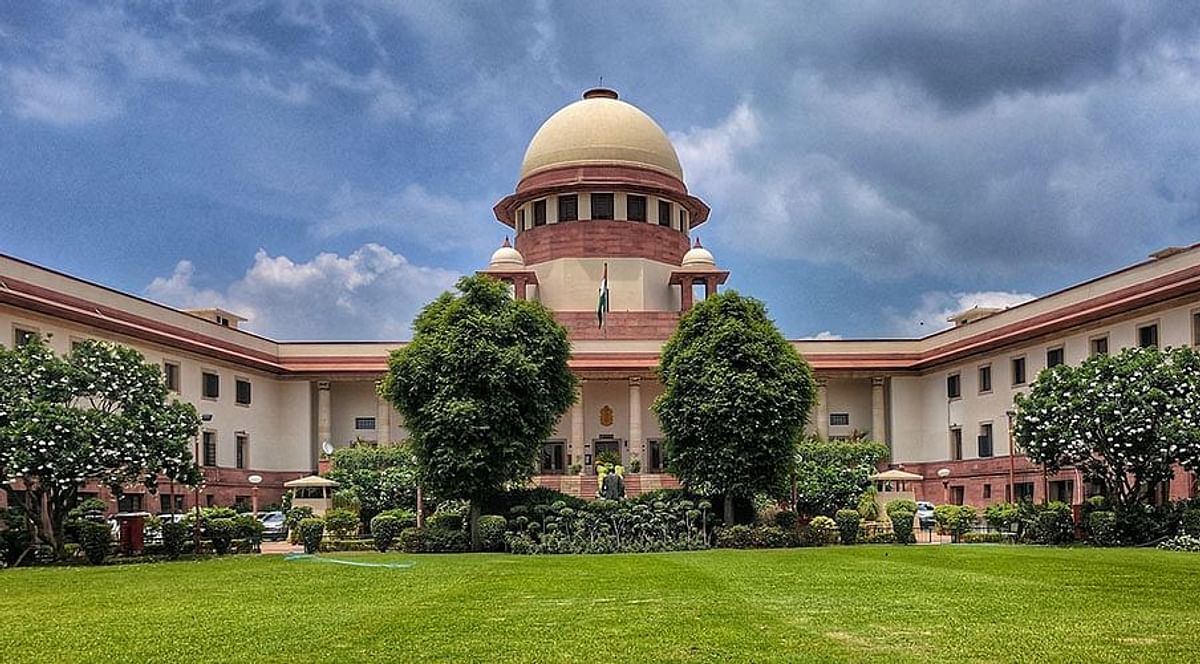
 OpinionExpress.In
OpinionExpress.In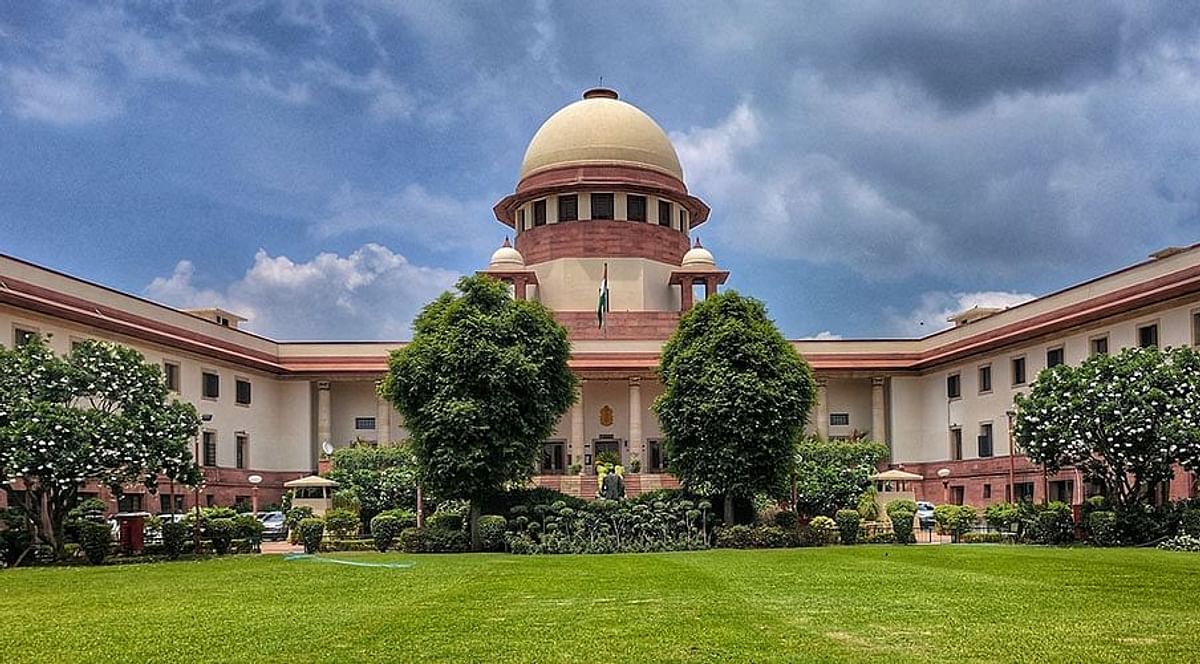
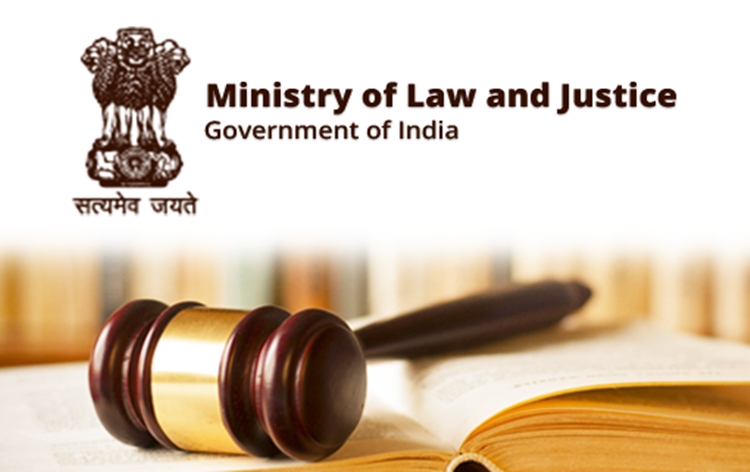
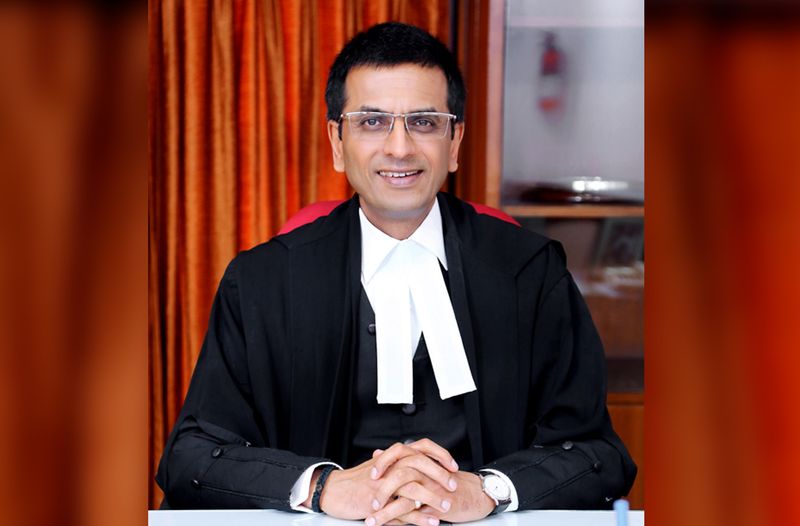
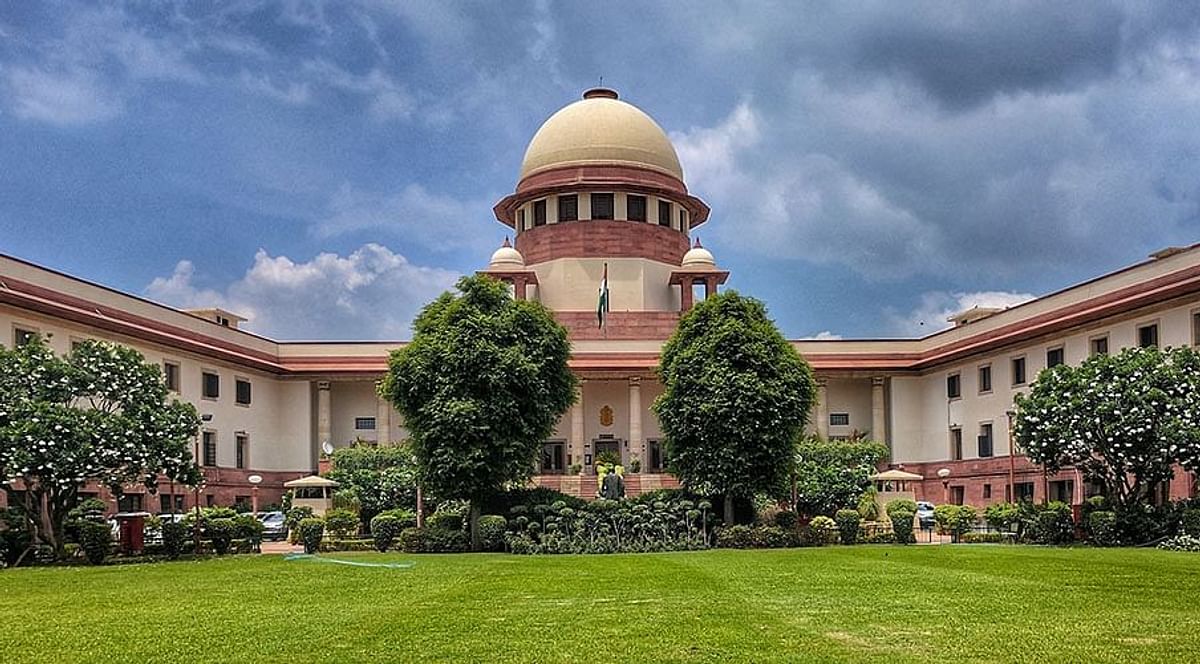
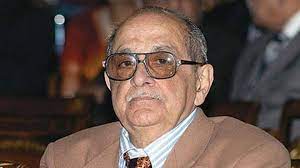
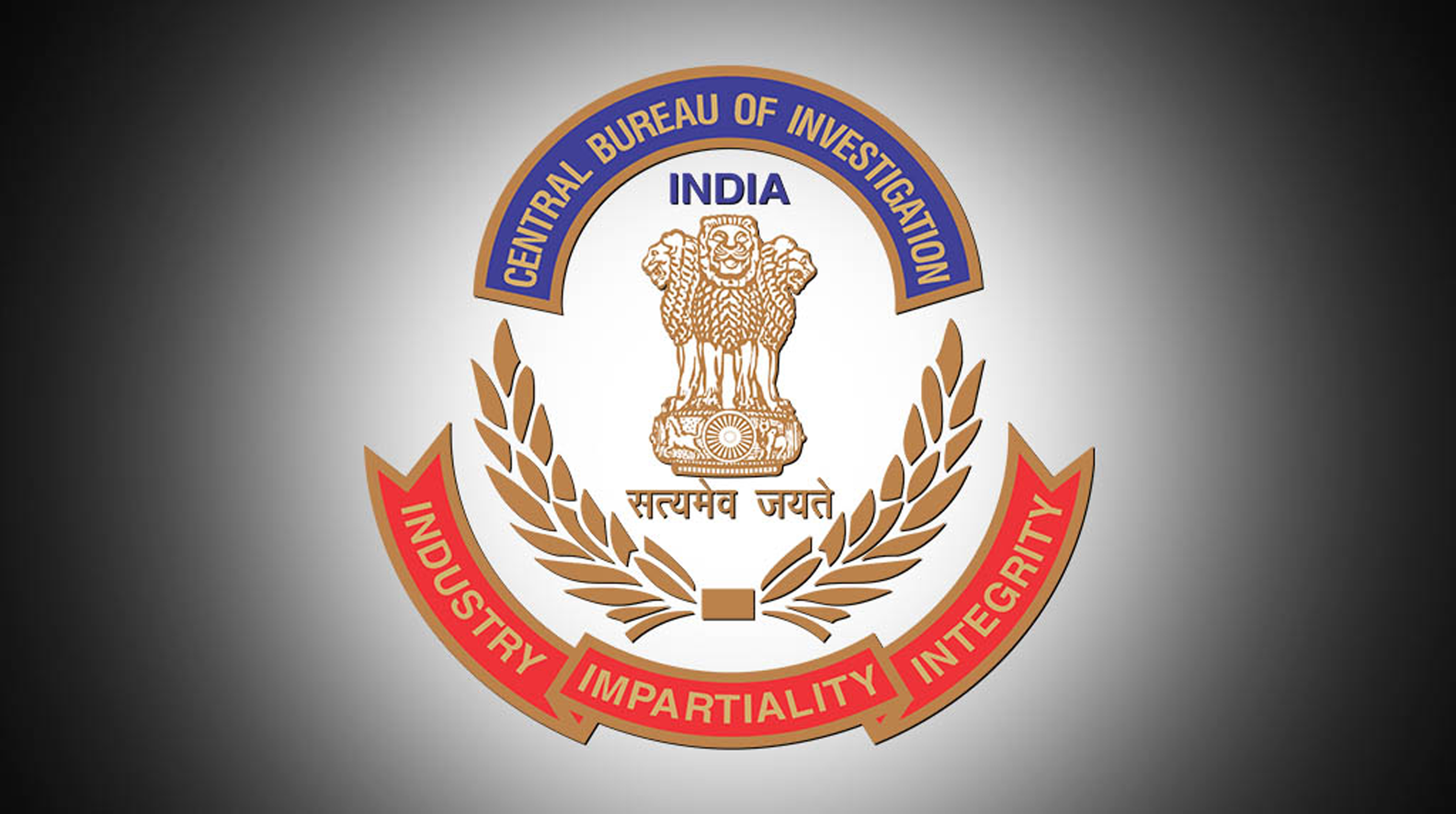
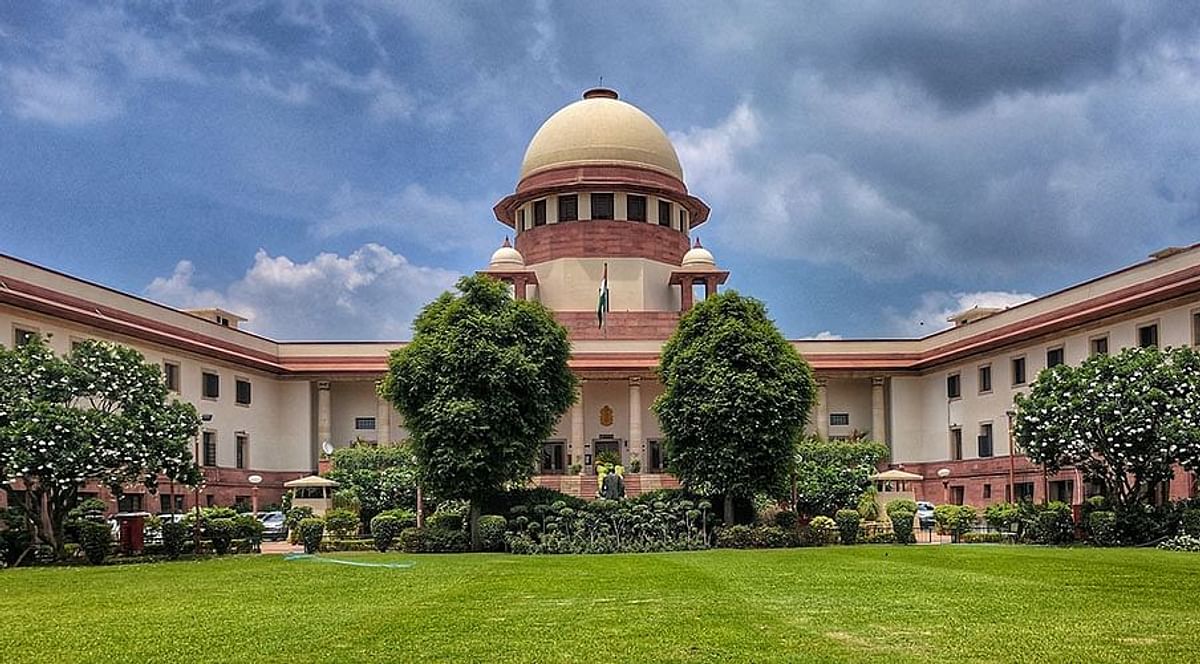

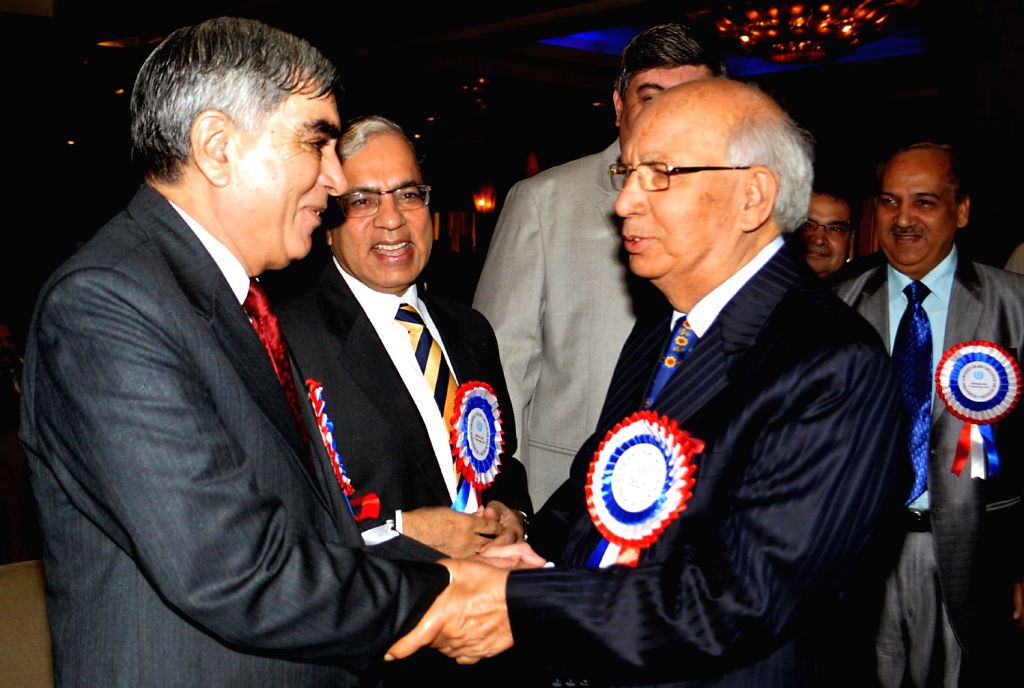
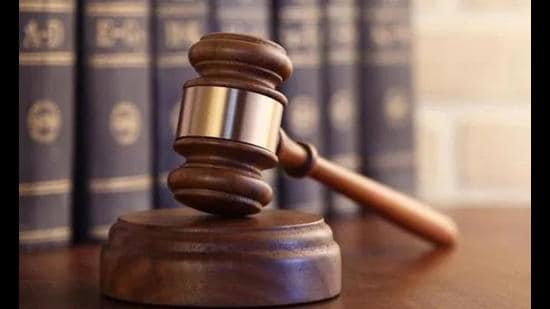






Comments (0)